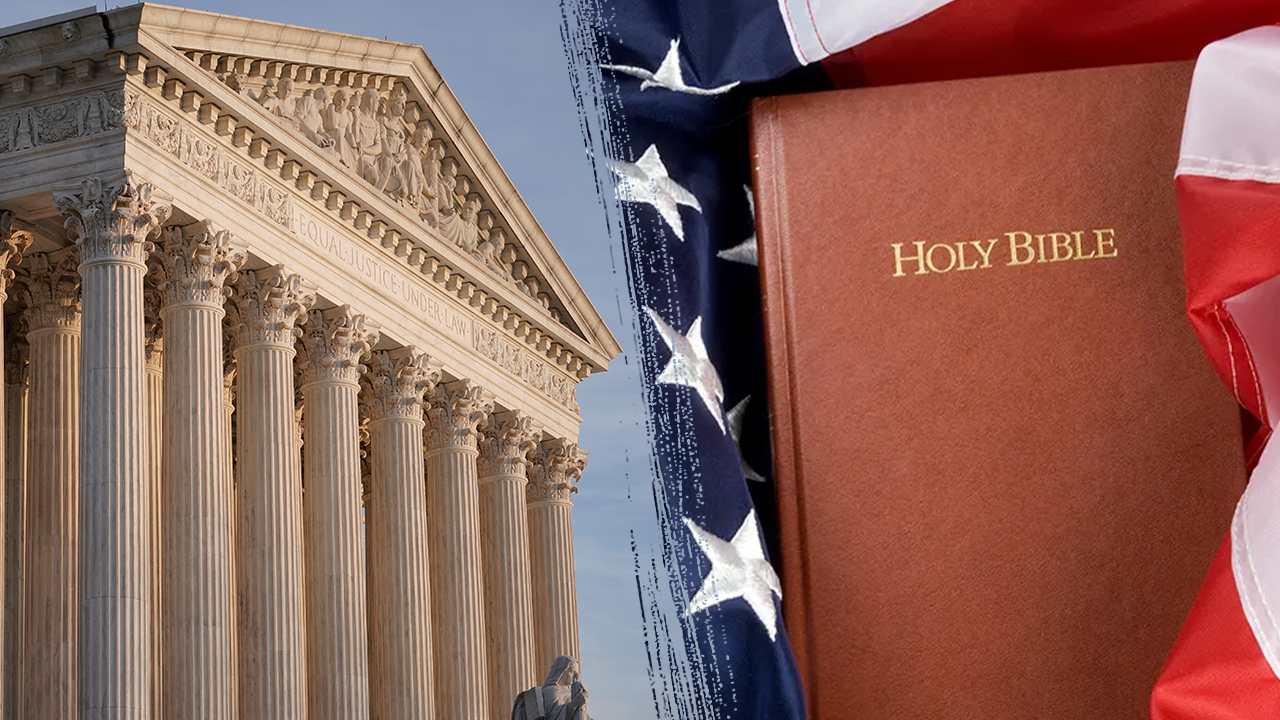Supreme Court to consider an effort to establish the nation’s first publicly funded religious charter school

The Supreme Court has agreed to hear two cases that will determine whether the nation’s first religious charter school can be established, with implications for school choice and religious practices. The cases, Oklahoma Statewide Charter School Board v. Drummond and St. Isidore of Seville Catholic Virtual School v. Drummond, will be argued together.
In 2023, the Oklahoma Statewide Virtual Charter School Board approved an application by the Roman Catholic Archdiocese of Oklahoma City and the Diocese of Tulsa to establish the St. Isidore of Seville Virtual Charter School, a K-12 online school. However, Oklahoma parents, faith leaders, and an education group sought to block the school after its approval.
The Oklahoma Supreme Court ruled 7-1 that a taxpayer-funded religious charter school would violate the First Amendment’s provision on the “establishment of religion” and the state constitution. The court stated that as a public school, a charter school must be nonsectarian, but St. Isidore of Seville Virtual Charter School plans to evangelize the Catholic school curriculum while being sponsored by the state.
The Alliance Defending Freedom Chief Counsel, Jim Campbell, believes that the case is fundamentally about religious discrimination and school choice. Campbell argues that the state of Oklahoma should be allowed to open up the program to religious organizations, providing parents, families, and the state with more educational options.
Oklahoma Republican Attorney General Gentner Drummond, who originally challenged the school’s approval, has stated that the school’s establishment is unconstitutional and will lead to taxpayer funding of various religious indoctrination, including radical Islam or even the Church of Satan.
The case is part of a series of Supreme Court cases involving religious institutions. In previous cases, the court ruled in favor of a Missouri church denied taxpayer funds for a playground project and struck down a ban on taxpayer funding for religious schools in Montana. Most recently, the court ruled that a Maine tuition assistance program violated the First Amendment’s Free Exercise Clause by excluding religious schools.
Justice Amy Coney Barrett recused herself from the case without providing an explanation. The Supreme Court is expected to hear oral arguments in April. School choice has become a contentious issue, particularly after the 2024 election cycle, with President Donald Trump signing executive orders to remove federal funding from schools teaching critical race theory and to support school choice.
Overall, the establishment of the nation’s first religious charter school will have far-reaching implications for school choice and religious practices, and the Supreme Court’s decision in these cases will shape the future of education in the United States.




